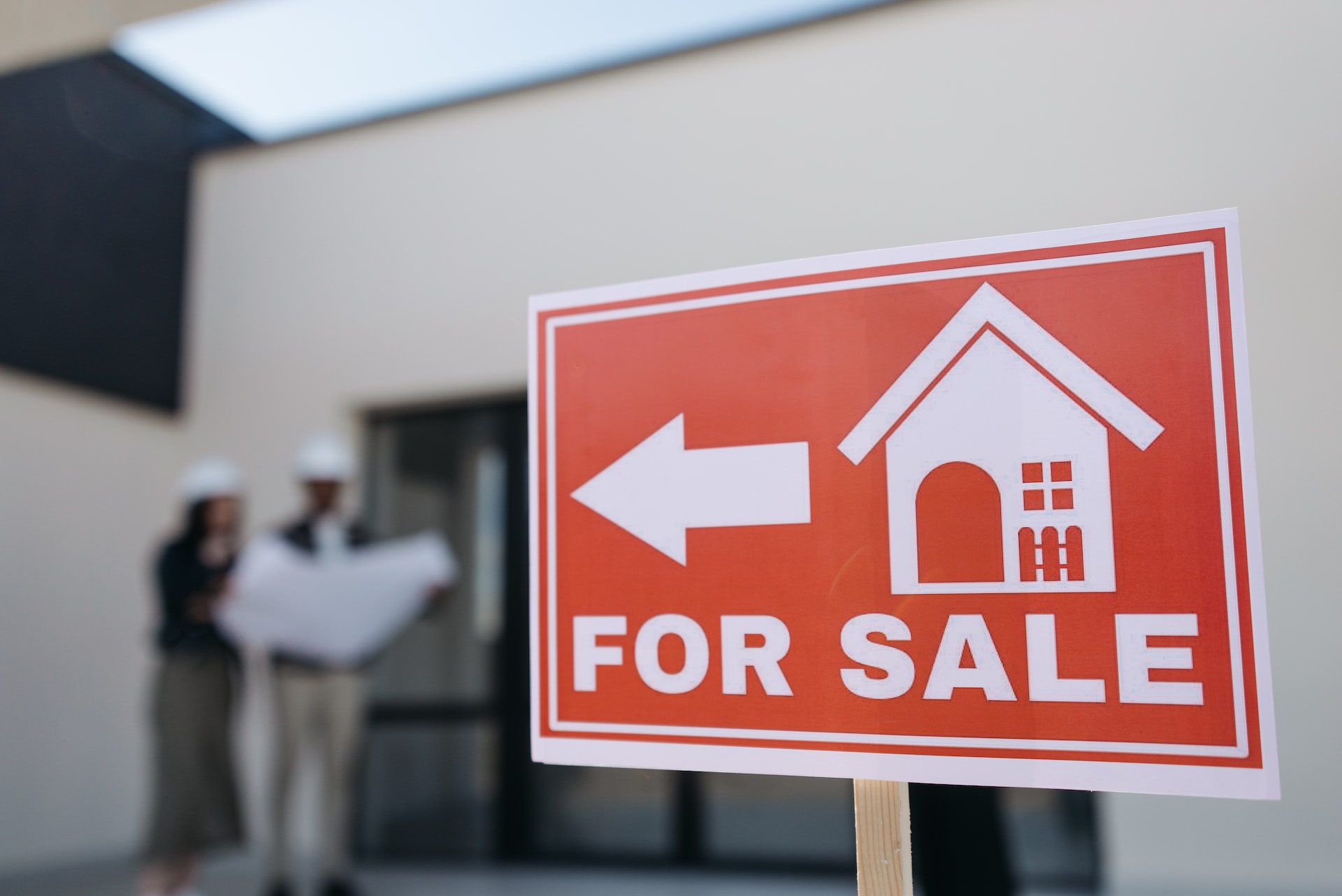As the UK braces for recession, the property market is seeing its own worrying trend in an increase in the number of property sales falling through.
House Buyer Bureau, using data from market analysts TwentyCi indicates more than 78,000 property sales fell through in Q2 of this year, a 9% increase on the previous quarter. The trend is rapidly accelerating, with more than 90,000 sales falling through between July and September.
We saw an all-time high in property sales being called off during the Covid 19 pandemic, but the rate had been approaching pre-2020 levels before the recent climb. Compared to pre-pandemic figures, we can now see an 18% increase in property sales falling through in Q3 of this year versus 2019.
The long-term trend looks even worse, with things particularly bad within Central London. Property data platform LonRes has seen property sales falling through in Central London this October at a rate 80% higher than the 2017-2019 average.
The same research from House Buyer Bureau suggests that house sales falling through has cost the UK property market almost £476m in 2022 alone. The estimated cost in 2021 rose to over £1bn, and market analysts expect the total 2022 cost to at least match, if not exceed this figure.
Why are more property sales falling through?
While there are many factors at play, market analysts point in particular to the September mini-budget and its impact on mortgage rates. House Buyer Bureau managing director Chris Hodgkinson says:
“While the volume of fall throughs [sic] had been in slow decline, they’ve started to climb once again in 2022. We expect this upward trend to continue, but the driving factors behind this increase are likely to be very different in the current market.”
“We’ve seen mortgage rates spiral in recent weeks and this increased cost will cause many buyers to get cold feet, having already agreed to a sale but not contending with a far higher cost of borrowing.”
The wider cost of living crisis also seems to be playing a part, with potential buyers opting to stay put or rent cheaper properties rather than buy. The continuing effects of the Covid 19 pandemic, the ongoing conflict in Ukraine and concerns over the stability of the UK economy have all contributed to the atmosphere of uncertainty that’s giving both buyers and sellers cold feet.
Don’t break the chain
The issues are further exacerbated by the number of properties that are sold as part of a chain, where the purchase of one property relies on the sale of another (which may rely on the sale of another, which relies on another, and so on…). A survey by Home Selling Expert found that the number of properties in a chain had a huge effect on the chances of it falling through. Across the UK, sales with no chain associated fell through 24% of the time, whereas sales with two properties in the chain fell through 42% and an additional property in the chain raised the chance of falling through to 56%.
As transactions become more complicated, it’s not unheard of to see ten or more properties all relying on the successful sale of each home. If one link withdraws because their mortgage terms have changed, buyers and sellers alike could see every transaction in the chain fall through.
If the trend in sales falling through continues, we’d expect to see more and more sellers become squeamish about joining long property chains, and buyers and sellers alike to look for opportunities so chain-free exchanges.
Read more moving guides:













